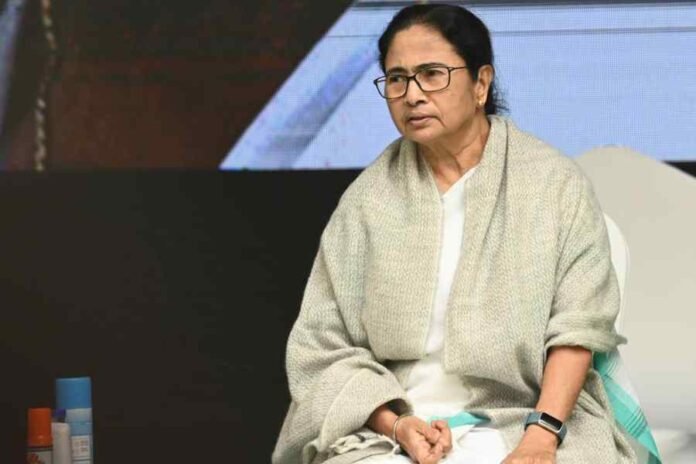The Trinamool Congress (TMC) has announced its decision not to attend the upcoming India Bloc meeting scheduled for June 1. The decision, they argue, stems from practical considerations, particularly in the wake of the ongoing COVID-19 pandemic and logistical challenges associated with traveling to Delhi.
The India Bloc meeting, a significant gathering where regional parties discuss pertinent national issues, has long been a platform for political discourse and collaboration. However, the TMC’s decision to abstain from this gathering raises questions about the dynamics of inter-party relationships and the impact of the pandemic on political engagements.
TMC spokesperson, Ananya Banerjee, elucidated the party’s stance, citing concerns over the prevailing pandemic situation and the practical difficulties associated with traveling to Delhi amidst rising COVID-19 cases. Banerjee emphasized that while the TMC values the importance of such meetings in fostering national dialogue, ensuring the safety and well-being of party members and adhering to public health guidelines remain paramount.
The decision comes at a time when India is grappling with the devastating second wave of the COVID-19 pandemic. With many states still enforcing strict containment measures and travel restrictions, the feasibility of convening large-scale political gatherings has come under scrutiny. The TMC’s move underscores the broader challenges faced by political parties in navigating the delicate balance between public health concerns and political engagements.
Furthermore, the decision not to attend the India Bloc meeting signals the TMC’s strategic approach to prioritize local commitments and address the pressing needs of the state of West Bengal, where they recently secured a landslide victory in the assembly elections. With a renewed mandate and a strong electoral performance, the TMC appears focused on consolidating its position within the state and delivering on its electoral promises.
However, the TMC’s decision has sparked mixed reactions from political observers and rival parties. While some have applauded the party’s prudence in prioritizing public health, others have criticized it as a strategic maneuver aimed at avoiding uncomfortable discussions or alliances at the national level. The absence of the TMC from the India Bloc meeting could potentially impact the dynamics of the discussions and the outcomes of the deliberations.
Moreover, the TMC’s decision raises broader questions about the future of regional parties in Indian politics and their role in shaping national narratives. As regional parties assert their influence and expand their footprint beyond their respective states, their engagement with national-level politics becomes increasingly significant. The TMC’s absence from the India Bloc meeting highlights the complexities inherent in balancing regional aspirations with national imperatives.
In response to the TMC’s decision, some political analysts have called for greater flexibility in the format of such meetings, advocating for virtual platforms to facilitate meaningful dialogue while mitigating health risks. Others have underscored the need for political parties to adapt to the evolving dynamics of governance and engagement, emphasizing the importance of cooperation and consensus-building in addressing pressing national challenges.
Ultimately, the TMC’s decision not to attend the India Bloc meeting reflects the intricacies of contemporary Indian politics, where considerations of public health, strategic positioning, and regional priorities intersect. As the nation grapples with the multifaceted challenges posed by the pandemic and charts a course for recovery, the role of political parties in navigating these complexities will be crucial in shaping India’s future trajectory.
While the TMC’s absence from the upcoming meeting may mark a departure from tradition, it also serves as a reminder of the need for agility and adaptability in the face of unprecedented challenges. As political parties recalibrate their strategies and priorities, the broader imperative of fostering inclusive dialogue and collaborative governance remains paramount in steering the nation towards a brighter future.

